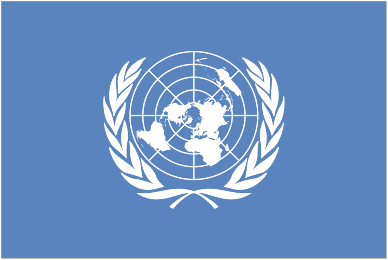
Marking World Environment Day, United Nations officials today highlighted the need for a change in thinking and approach to ensure the sustainability of the Earth’s resources as the world population grows.
“Sustainability entails providing opportunity for all by balancing the social, economic and environmental dimensions of development. We have to rebut the myth that there is conflict between economic and environmental health,” Secretary-General Ban Ki-moon said in his message for the Day. “With smart policies and the right investments, countries can protect their environment, grow their economies, generate decent jobs and accelerate social progress.”
Observance of World Environment Day began in 1972 as a way to raise awareness of the environment and encourage political attention and action. This year’s theme for the Day, Green Economy: Does it include you?, seeks to underscore the need for everyone to play a part in keeping humankind’s ecological footprints within planetary boundaries.
In his message, the Secretary-General emphasized that with the world’s growing population, there will be more pressure on natural resources – food, water and energy – and countries will need to shift their development paradigms to find sustainable solutions for their citizens.
Mr. Ban noted that the UN Sustainable Development Conference (Rio+20), in Brazil from 20-22 June, will provide an opportunity for countries to deepen their commitment to find these solutions.
“Rio+20 is our opportunity to deepen global commitment to sustainable development,” Mr. Ban said. “We should agree that the world needs a set of sustainable development goals that will build on the Millennium Development Goals (MDGs). And we should make progress on some of the building blocks of sustainability – energy, water, food, cities, oceans, jobs and the empowerment of women.”
In her message to mark the Day, the Director-General of the UN Educational, Scientific and Cultural Organization (UNESCO), Irina Bokova, noted that at Rio+20 the international community needs to set new directions for sustainability, ranging from building new forms of agriculture, to finding new sources of energy and new ways of building and transportation.
“Reaching these goals requires new approaches to freshwater and the ocean, to lands and the climate. It calls for new thinking about the meaning of progress,” Ms. Bokova said. “It demands new sources of innovation and resilience that have deeper roots than material or economic assets. We must construct green economies on the foundations of green societies.”